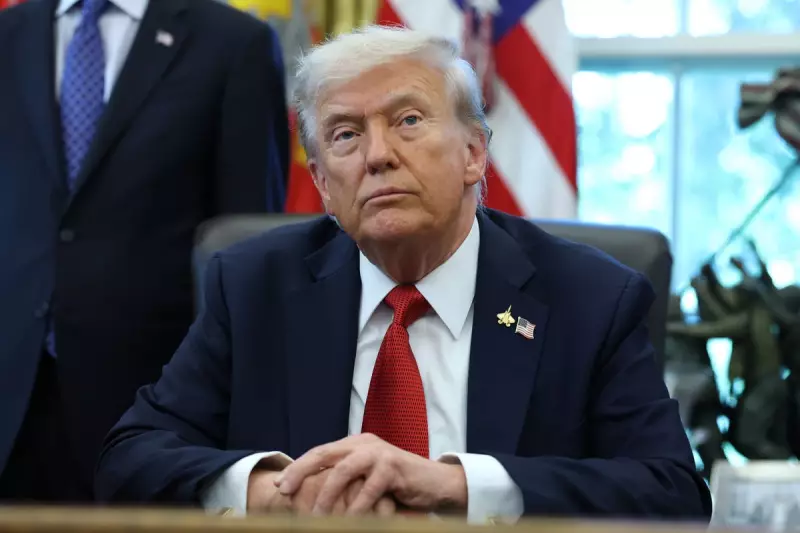
In a statement that has sent shockwaves through political circles, former US President Donald Trump has advocated for the public execution of individuals he identified as Hamas gang members. The controversial remarks were made during a private gathering, though they quickly spread across media platforms.
Explosive Comments Ignite Firestorm
Trump's suggestion represents one of his most extreme positions on criminal justice to date, calling for televised executions that would serve as deterrents. The former president framed his proposal within the context of combating terrorism and gang violence, though he provided no specific evidence about the individuals mentioned.
International Reaction and Condemnation
Human rights organisations have universally condemned Trump's statements, with Amnesty International describing the comments as "deeply disturbing" and contrary to international human rights standards. Legal experts have noted that public executions would violate both US constitutional law and international treaties to which America is signatory.
Political opponents were quick to respond, with several prominent figures accusing Trump of advocating for authoritarian practices more commonly associated with regimes the US has historically criticised. Supporters, however, have defended the former president's tough-on-crime stance.
Historical Context and Precedents
While the United States historically conducted public executions, the practice was largely abandoned by the mid-20th century. Trump's comments come amid ongoing debates about criminal justice reform and the appropriate use of capital punishment in America.
The timing of these remarks is particularly significant as Trump remains the frontrunner for the Republican presidential nomination, raising questions about how such proposals might feature in future policy discussions.
Legal and Ethical Implications
Constitutional scholars have emphasised that implementing such a policy would face insurmountable legal challenges, citing Eighth Amendment protections against cruel and unusual punishment. Furthermore, international law strictly prohibits public executions under multiple human rights conventions.
As the controversy continues to develop, the episode highlights ongoing tensions between security concerns and civil liberties in contemporary political discourse.





